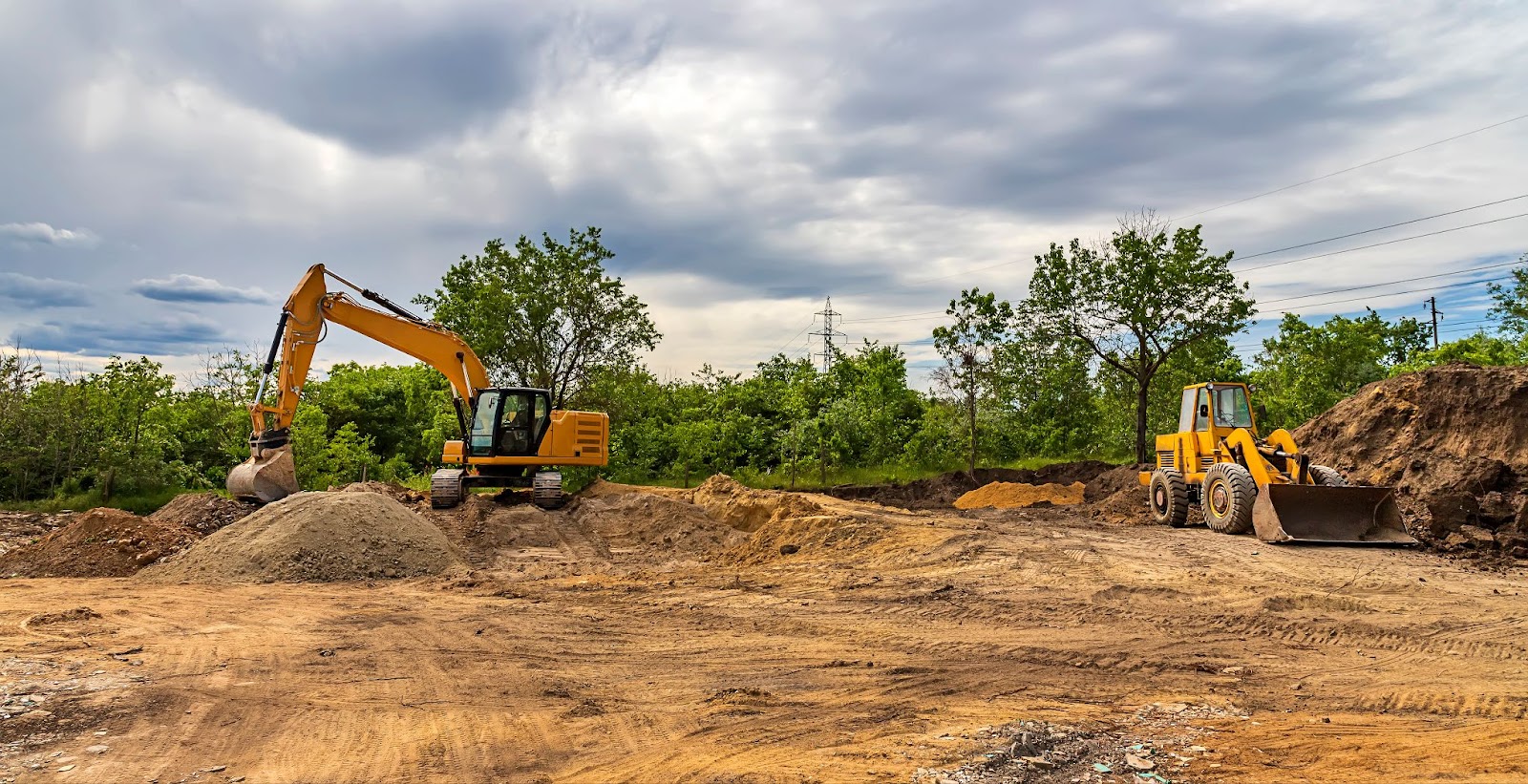Stamp duty - also known as land transfer duty - is a significant cost that buyers must consider when purchasing property in Victoria.
This one-off government tax is levied on most real estate transactions and can represent a substantial portion of the purchase price.
Understanding how stamp duty works, what factors influence its amount, and potential concessions can help buyers better prepare for the costs associated with acquiring property.

What is Stamp Duty?
Stamp duty is a tax imposed by state governments in Australia on property transfers. In Victoria, it is calculated based on the property's purchase price or its market value - whichever is higher.
The tax is generally paid by the buyer, and it must be settled before the property transfer can be legally completed.
How much is Stamp Duty?
The calculation of stamp duty in Victoria follows a sliding scale, with the rate increasing as the property value rises. For example:
-
For properties valued up to $130,000, the stamp duty rate is 1.4% of the property’s value.
-
For properties between $130,001 and $960,000, the rate gradually increases up to 5.5% for the portion of the property value over $960,000.
-
For properties above $2,000,000, the rate is capped at 6.5%.
Additionally, several online calculators can help you estimate the stamp duty on a property purchase. The State Revenue Office of Victoria provides a reliable tool for this purpose, as do many financial institutions and real estate websites .
Factors Influencing Stamp Duty
-
Property Value: As mentioned, the purchase price or market value of the property directly impacts the stamp duty rate.
-
Type of Property: Whether the property is residential, commercial, or agricultural can affect the stamp duty calculation.
-
Buyer’s Status: First-time homebuyers, pensioners, and concession cardholders may be eligible for stamp duty concessions or exemptions.

Stamp Duty Concessions and Exemptions
The Victorian government offers several concessions and exemptions to reduce the stamp duty burden on certain buyers. These include:
-
First Home Buyer Duty Exemption or Concession: For properties valued up to $600,000, eligible first-home buyers may receive a full exemption. For properties valued between $600,001 and $750,000, a concessional rate applies .
-
Off-the-Plan Concession: Buyers of properties purchased off-the-plan may be eligible for a concession, reducing the dutiable value to the land's value plus the cost of construction completed at the date of the contract .
-
Pensioner Concession: Pensioners purchasing a home valued up to $750,000 may qualify for a full or partial exemption from stamp duty.
How long do you have to pay Stamp Duty?
Stamp duty must be paid within 30 days of the property settlement in Victoria. Failure to pay on time can result in penalties and interest charges.
Most buyers incorporate stamp duty into their overall home loan, but it’s essential to budget for this significant cost when planning a property purchase. Establishing a solid savings plan early on can help ensure you're financially prepared for these obligations.
Potential Changes to Stamp Duty in Victoria
There has been growing discussion around the reform of stamp duty in Victoria, with proposals to replace it with an annual property tax. This shift could potentially ease the burden on first-time buyers by spreading the cost over time rather than requiring an upfront lump sum.
While no changes have been implemented yet, it is important for buyers to stay informed about potential reforms, as they could significantly impact the costs associated with property ownership in the future.

Ensuring a Smooth Property Purchase
Stamp duty is an unavoidable cost when purchasing property in Victoria, but understanding how it is calculated, the concessions available, and potential reforms can help buyers make informed decisions.
Planning ahead ensures you're not caught off guard by this cost. To make the process smoother, take advantage of tools like the land transfer calculator and seek advice from a conveyancer or financial advisor.
Also, being aware of common pitfalls when building a home can further support a successful purchase. Being well-prepared will help you navigate the property market with confidence and secure a successful purchase.
Publisher Website: www.homeshelf.com.au